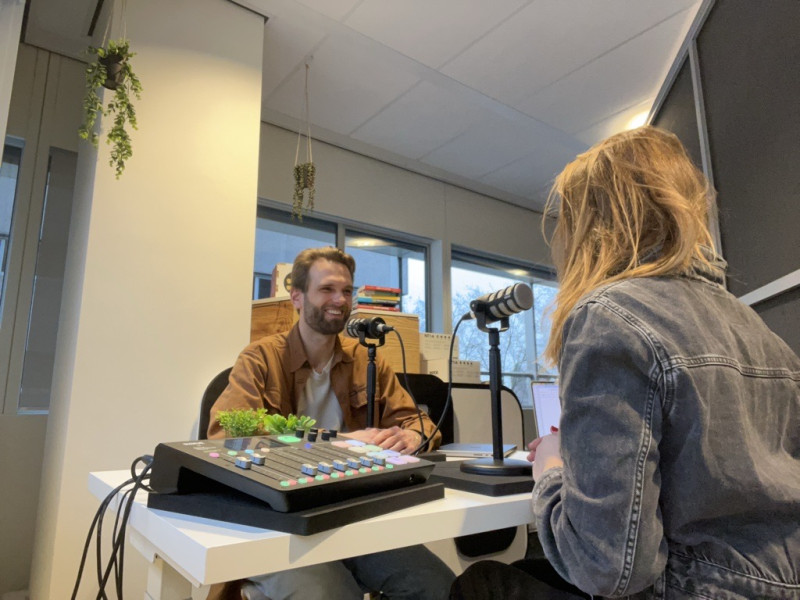Podcasts
-
What you need to know about... APIs
In this podcast, Jelmer de Ronde, technical product manager within the Flexible Education team, tells you everything you need to know about the OOAPI: the Open Education Application Programming Interface. What does this development mean for the future of flexible education? -
What you need to know about... intelligent networks
In a nationwide, complex network like the SURF network, network management is a challenging job. At SURF, we are exploring how AI can help detect and solve problems faster. How does it work, how does it change the work of the network administrator, and are there also risks involved? Peter Boers, IT specialist at SURF, explains. -
SURFshort
What you need to know about... PeerTube
The debate around social media and their powerful owners is heating up. It is time to take back control and look for decentralised alternatives. PeerTube is one such alternative for video content. Find out exactly how it works and what you can gain from it from Alexandra van Straaten, social media adviser and privacy coordinator at SURF. -
SURFsounds special: between power and morality episode 4. Is there hope on the horizon?
In this fourth and final episode, we look for hope. It can be done differently! Jantien Borsboom, director of Public Spaces talks about how she does it and Rens van der Vorst who takes you through how he detaches himself and his students from ingrained ideas about what role technology should play for us. -
SURFsounds special: between power and morality episode 3. Who controls whom?
In previous episodes, the feeling that people think they are at the mercy of big technology companies came up several times. That was firmly debunked, but to what extent can we influence the course of technology in our lives? And how do we approach that? -
SURFsounds special: between power and morality episode 2: Where is the line?
After the previous episode asking 'what went wrong', we now dive into the world of legislation, interest considerations and frameworks with the question; Where is the line? There is no checklist in government. So how do they deal with ethical issues? And within education, how do we deal with the AI act coming our way? -
SURFsounds special: between power and morality episode 1. What went wrong
Listen now to the first episode of the new series Between Power and Morality in which we look for the answer to the question: How do we ensure that technological progress benefits us all again? We start at the beginning with Marleen Stikker. What went wrong? -
SURFsounds special: between power and morality
In this new four-part series, we look for answers to the question of how do we restore the distorted balance of power and morality in technology, and how do we ensure that technological progress benefits us all again?
